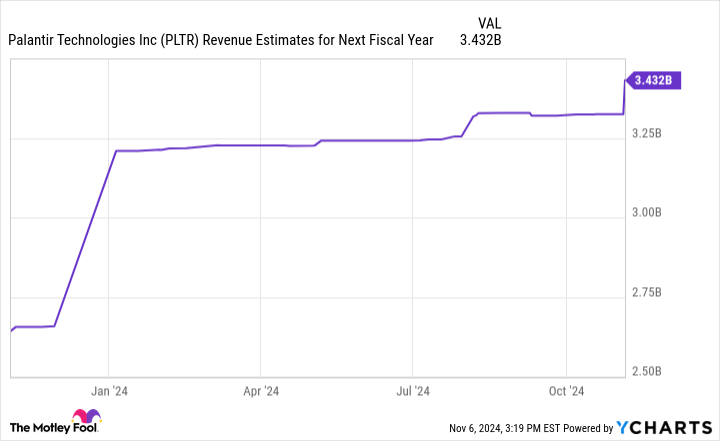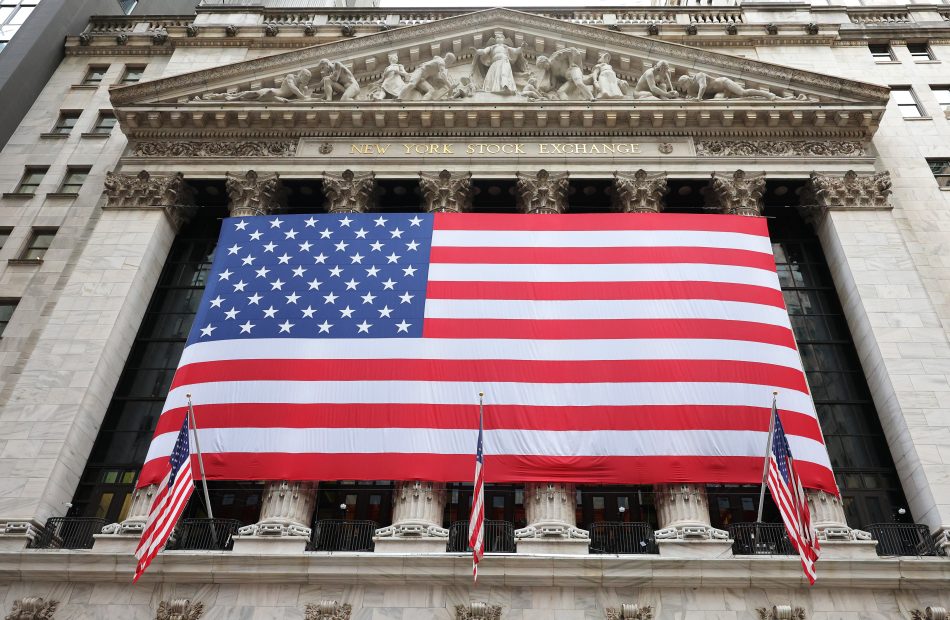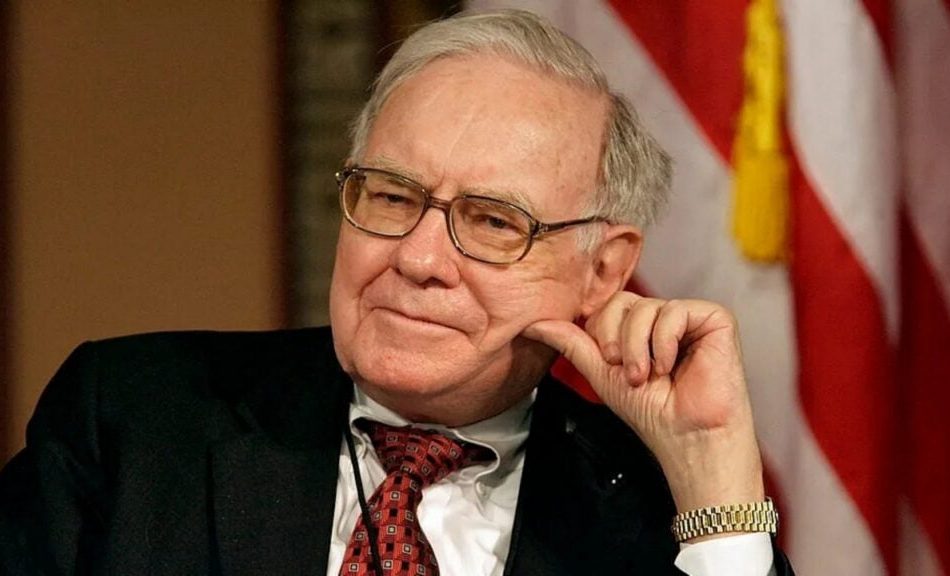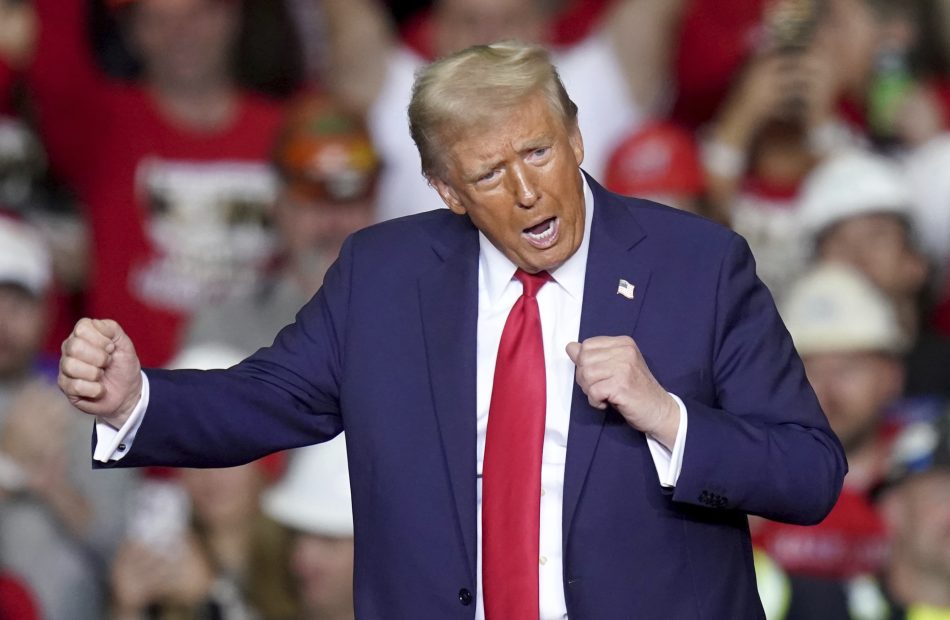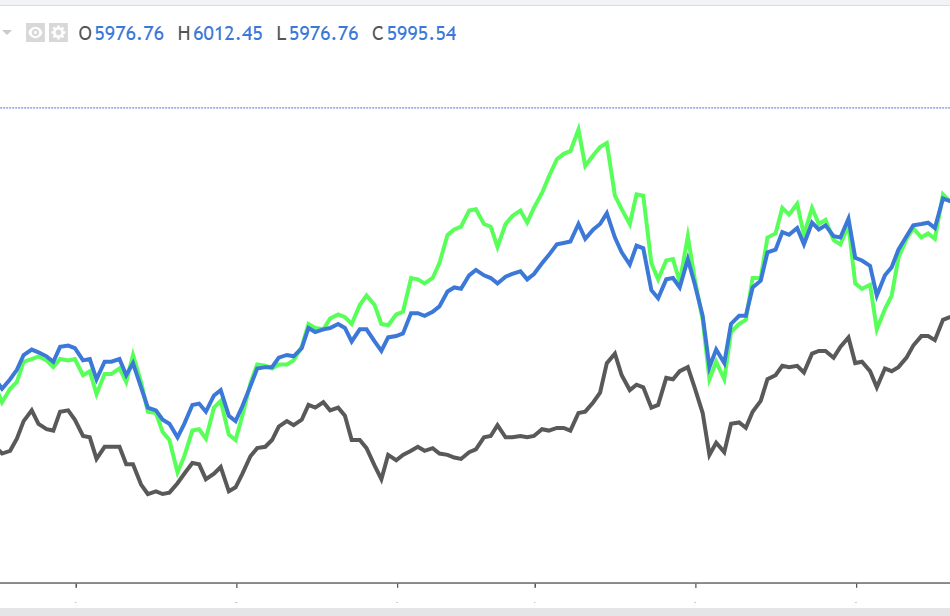Missed Out on Nvidia? Buy These 3 AI Stocks.
Perhaps no stock benefited more from the boom in artificial intelligence (AI) than Nvidia. Its dominance in the AI chip market redefined the direction of the company and much of the industry at large.
Unfortunately, many AI investors missed out on Nvidia’s boom. The good news is that most analysts expect AI-driven gains in the technology market for years to come.
Start Your Mornings Smarter! Wake up with Breakfast news in your inbox every market day. Sign Up For Free »
To this end, three Motley Fool contributors have ideas on where investors should look next for these gains: Palantir Technologies (NYSE: PLTR), Meta Platforms (NASDAQ: META), and Tesla (NASDAQ: TSLA).
Jake Lerch (Palantir Technologies): I’ve been bullish on Palantir for a while, and the company’s most recent earnings report gives me no reason to change my mind. In short, it is executing at a level that should make every investor sit up and take notice.
The company, which operates an AI-driven platform for government and commercial clients, sits at the forefront of the AI revolution. It helps organizations implement large language models for highly specific purposes.
For example, the company has helped with jobs as diverse as speeding up the underwriting process for insurance companies and managing battlefield assets for the military.
The proof of Palantir’s success can be seen in its results. In the most recent quarter (the three months ending on Sept. 30), the company achieved the following:
-
U.S. revenue increased 44% to $499 million.
-
Total revenue grew 30% to $726 million.
-
Adjusted operating margin was 38%.
-
Customer count grew 39%.
Analysts expect that growth to continue. We’re just getting started in the AI revolution, and many organizations have yet to fully explore how they can drive efficiencies with it.
Consensus estimates suggest that Palantir’s revenue will increase 23% in 2025 to roughly $3.4 billion. Those estimates have been rising since the company’s excellent earnings report, and I believe it’s likely that they continue to increase as we head into 2025.
In short, Palantir is my top choice for an AI company to own in 2025.
Justin Pope (Meta Platforms): There hasn’t been anything wrong with Meta Platforms’ stock, which cruised more than 380% higher since the start of last year. Yet, I think there is still a lot of juice to squeeze here.
First, the stock remains a bargain for the growth you’re getting. Meta trades at a price-to-earnings ratio (P/E) of 25. And analysts estimate the company will grow earnings by an average of 20% annually over the next three to five years.
Inflation and retail sales data greet a roaring stock market rally: What to know this week
All three major indexes pressed to record highs after Donald Trump won the 2024 presidential election.
For the week, the S&P 500 (^GSPC) and the Dow Jones Industrial Average (^DJI) rose more than 4.5%, while the Nasdaq Composite (^IXIC) rose nearly 6%.
In the week ahead, a fresh reading on inflation and retail sales will lead the economic calendar.
In corporate news, quarterly results from Home Depot (HD), Cisco (CSCO), and Disney (DIS) will highlight another week of earnings reports.
In a widely anticipated move, the Federal Reserve cut interest rates by 25 basis points last Thursday. In a press conference following the announcement, Fed Chair Jerome Powell declined to comment on the central bank’s plans for future rate cuts.
“We don’t think it’s a good time to be doing a lot of forward guidance,” Powell said. He later noted that Fed officials will need to gauge the economic data released between now and December before knowing if the central bank will cut interest rates again this year.
The first data the Fed will consider ahead of its next meeting will come out on Wednesday with the release of the October Consumer Price Index (CPI). Wall Street economists expect headline inflation rose just 2.6% annually in October, an increase from the 2.4% rise in September. Prices are set to rise 0.2% on a month-over-month basis, per economist projections, in line with the increase seen in September.
On a “core” basis, which strips out food and energy prices, CPI is forecast to have risen 3.3% over last year in October, unchanged from September’s increase. Monthly core price increases are expected to clock in at 0.3%, also in line with the September gain.
“The October CPI report will likely support the notion that the last mile of inflation’s journey back to target will be the hardest,” Wells Fargo’s economics team led by Jay Bryson wrote in a weekly note to clients on Friday.
The final monthly retail sales report before the start of the holiday shopping season is set for release on Thursday. Economists estimate retail sales increased 0.3% over the prior month during October. The control group of retail sales — which excludes several volatile categories like gasoline and feeds directly into gross domestic product (GDP) — is also expected to have risen by 0.3%.
Entering the release, several trackers point to the fourth quarter being off to a solid start for economic growth. The Atlanta Fed GDPNow tracker currently projects the US economy growing at 2.5%.
Wall Street Giants Split Time Between Trillion-Dollar Gulf Hubs
(Bloomberg) — BlackRock Inc.’s Larry Fink was among headliners at Saudi Arabia’s annual Davos-style investment confab in October. Days later, he popped up on a social media post from Abu Dhabi’s $1.5 trillion man, Sheikh Tahnoon bin Zayed Al Nahyan.
Most Read from Bloomberg
The $11.5 trillion asset manager Fink runs recently received approval to set up its regional headquarters in Riyadh. It’s also teaming up with the Abu Dhabi royal on one of the largest efforts to date to bankroll the build-out of data warehouses and energy infrastructure.
The biggest firms on Wall Street operate across geographies and top executives often fly to multiple countries while visiting a region. But Riyadh and Abu Dhabi, which are competing to be the Middle East’s main business hub, offer unique opportunities: The cities control over $1 trillion in sovereign wealth each, making them among the biggest pools of capital in the world.
Sheikh Tahnoon — one of Abu Dhabi’s two deputy rulers, the United Arab Emirates’ national security adviser and brother to its president — had conversations with many executives who also spoke at the FII, according to posts on the royal’s X profile.
That list included Morgan Stanley Chief Executive Officer Ted Pick, Blackstone Inc.’s Steve Schwarzman and Ruth Porat of Alphabet Inc., which is partnering with Saudi Arabia on an artificial intelligence hub. Meanwhile, Goldman Sachs Group Inc. CEO David Solomon also dropped by in Abu Dhabi shortly after his firm announced its new Riyadh office, according to a person familiar with the matter.
The two cities have rolled out a series of initiatives in their quest for greater global relevance. Riyadh is asking international firms to boost their local presence, or risk losing business. That’s prompted the likes of General Atlantic and Goldman to beef up their operations in the kingdom.
Some others have been reluctant about making Riyadh their main hub because their employees prefer the lifestyle in the UAE. To further sweeten the deal, Abu Dhabi has also rolled out a series of perks, including a lifestyle-support program for incoming financiers.
But many firms looking to raise cash or plug into dealmaking driven by ambitious diversification programs are trying to keep a foot in both camps.
BlackRock, for instance, said its new Riyadh base will help the firm expand operations across the Middle East and not just in the kingdom. Goldman continues to have a significant presence in both Dubai and Abu Dhabi, and Barclays Plc, which is considering re-entering Saudi Arabia after a decade, said it intends to grow its team in the UAE as well.
Where Will Boeing Be In 3 Years?
Crystal balls are said to be useful items — but very hard to come by for investors. For better or worse, investors in Boeing (NYSE: BA) stock have something very close to a crystal ball: Hard numbers, laid out by management and by Wall Street analysts, telling us where Boeing stock will be in three years.
Are you planning to invest in one of the two biggest airplane manufacturers in the world, and intending to own it for the long term, rather than simply trading in and out of the stock? If so, it’s probably a good idea to at least consider these numbers before making your decision.
Start Your Mornings Smarter! Wake up with Breakfast news in your inbox every market day. Sign Up For Free »
Boeing reported its third-quarter earnings late last month. The news wasn’t great: A 1% decline in sales to $17.8 billion, negative operating profits, and a $6.2 billion net loss on the bottom line.
This confirms that after three straight years of steady growth as Boeing emerged from the pandemic slowdown in air travel, Boeing sales are shrinking once again. Worse, the aerospace giant appears to be heading for its sixth straight year of negative profits. Over the last 12 months, Boeing’s net loss totals $8 billion — its worst loss ever since the first year of the pandemic.
Admittedly, a big chunk of Boeing’s loss is attributable to a one-time event, the company’s fourth-longest-ever labor strike, which contributed about $4 billion to losses in Q3.
This strike of course is now at an end, but not without consequence for Boeing. In addition to any sales lost during the labor stoppage, Boeing had to postpone introduction of one airplane (the 777X) and shutter production of another (the 767 Freighter) in order to preserve cash during the strike. The company announced plans to take on loans and issue up to 170 million new shares to raise additional cash.
At current high interest rates, this will increase Boeing’s payments on its debt, at the same time as the new shares dilute any profits shareholders earn in future years — by as much as 27.5%.
On top of all that, Boeing had to agree to raise its machinists’ salaries by 38% over the next four years, in order to convince them to end the strike, adding to its overhead costs and further draining profits.
The good news is that with the strike behind it, and a mountain of cash generated by its borrowings and share sales, Boeing will survive. The bad news is that the company will probably be a lot less profitable going forward.
Warren Buffett's Apple Stake Reduction Spurs $97B Cash Surge—Analysts Speculate This Could Be The Reason Behind Berkshire Hathaway's Massive Cash Pile
Warren Buffett, the legendary investor, has made a significant move by reducing his stake in Apple Inc. AAPL and other stocks, generating a whopping $97 billion in gains for his company, Berkshire Hathaway Inc. BRK BRK.
What Happened: Buffett, last week, disclosed that he continued to cut his position in Apple and other stocks in the third quarter, leading to a $97 billion gain for Berkshire Hathaway. This move has raised Berkshire’s cash levels to an all-time high of $325 billion, accounting for 28% of its asset value.
Buffett’s decision has left investors and analysts speculating about the reasons behind the sale. Some investors and analysts suggest that Buffett, a follower of renowned value investor Benjamin Graham, is sticking to his principles, citing Apple’s relatively high price-to-earnings ratio compared to its potential earnings growth.
Others speculate that Buffett, who has often lauded Apple, might be preparing for his successor or anticipating a potential crisis, hence the need to accumulate cash. “It is such a strange thing to see… [and it] begs the question, ‘Why is so much cash being built up?’” pondered Morningstar analyst Greggory Warren, reported the Financial Times.
Warren also pointed out that he didn’t think Buffett was gearing up for a major acquisition, given his recent struggle to compete with other buyers. Moreover, Berkshire hasn’t been providing capital to large US businesses like Intel that have been seeking tens of billions of dollars of capital to fund their operations.
Buffett has also reduced his buying of other stocks this year, acquiring equities worth just $5.8 billion through the end of September, a figure overshadowed by the $133.2 billion of stock sales Berkshire has carried out.
Jeff Muscatello, a research analyst at Berkshire investor Douglass Winthrop, suggested that the impending management transition could be a factor in Buffett’s decision to cash out. “The nearing inevitable management transition makes it an opportune time to clear the decks for the next generation,” he said.
Why It Matters: This move comes after Berkshire Hathaway reported a decline in third-quarter operating earnings, driven by weakness in the insurance underwriting segment. Approximately 70% of the aggregate fair value was concentrated in five companies as of September 2024.
An earlier report pointed out that Buffett’s Berkshire Hathaway missed out on $23 billion in profits by significantly reducing its stake in Apple. This move puzzled investors, with some experts suggesting that Buffett prefers round numbers, so stopping at 400 million shares might not be a big deal. Others saw Buffett positioning Apple as a key, long-term investment, similar to how he views Coca-Cola.
Image via Shutterstock
Market News and Data brought to you by Benzinga APIs
© 2024 Benzinga.com. Benzinga does not provide investment advice. All rights reserved.
Trump presidency likely won't be a problem for Nvidia's stock
This is The Takeaway from today’s Morning Brief, which you can sign up to receive in your inbox every morning along with:
Donald Trump’s return to the White House has me wondering about the world’s most beloved stock, Nvidia (NVDA).
Is a Trump presidency going to be good or bad for the AI market darling? Has he ever taken CEO Jensen Huang to task on X? Does Jensen feel a certain way about Trump, and perhaps could add headline risk to the company’s stock price?
All of this matters since, as I mentioned, Nvidia has become the market — even before its inclusion in the former smokestack index known as the Dow Jones Industrial Average (^DJI).
The short answer to all of these pressing questions is, who really knows? I can’t find a lot.
Do an advanced search of Trump’s X account, and you do not unearth a single post on Jensen or Nvidia. Scour interviews of Jensen from the prior Trump presidency, and there isn’t much for Trump to feast on as he returns to the Oval Office.
“I’m optimistic about the outcome, irrespective of how, on balance, I prefer a more liberal government. I have confidence in the resilience of the institutions. We’ll find a way through and find a way forward,” Huang said in a November 2016 VentureBeat story following Trump’s first White House win.
Huang is besties with Tesla (TSLA) CEO and Trump supporter Elon Musk, but it’s unclear what that means for Nvidia’s financial fortunes over the next four years.
Chat up investors, and the early vibe is that Nvidia should do just fine, as the factors driving its business are simply too powerful to be snuffed out.
“It’s hard to draw a straight line between AI or Nvidia and Trump,” EMJ Capital founder Eric Jackson said on Yahoo Finance’s Opening Bid podcast (video above; listen below). “I think there’s some interesting ways that AI is kind of infiltrating all corners of tech. But in general, obviously, Trump is very pro-growth, low taxes, and that’s going to sweep up all of tech and that includes AI.”
Jackson thinks Nvidia could see stronger demand from the bitcoin mining industry, as Trump may open up the digital asset markets more.
Nvidia could also cash in from looser regulations on the energy industry, freeing up hyperscalers to move more quickly with AI infrastructure buildouts, Jackson reasoned.
One risk to watch, Jackson said, is if a tariff-induced trade war with China occurs. Nvidia not only sells chips in China but has important product development talent in the country. You also have to keep in mind what this trade war would mean to China’s relationship with key chip producer Taiwan.
1 Stock to Buy, 1 Stock to Sell This Week: Shopify, Occidental Petroleum
• CPI inflation, retail sales, producer prices, and more earnings will be in focus this week.
• Shopify stands out as a buy, particularly with the holiday season around the corner.
• Occidental Petroleum’s challenging landscape makes it one to approach with caution.
• Looking for more actionable trade ideas? Unlock access to InvestingPro for less than $8 a month!
U.S. stocks closed higher on Friday to cap off their best week of the year, as the Dow and S&P 500 surged to new records after Donald Trump’s decisive election victory.
Investors are betting that a Trump administration will bring lighter regulation and tax cuts that could boost the U.S. economy.
For the week, the blue-chip Dow Jones Industrial Average climbed 4.6%, the benchmark S&P 500 gained 4.7%, and the tech-heavy Nasdaq Composite popped 5.7%.
Source: Investing.com
The week ahead is expected to be an eventful one as investors assess the outlook for the economy, inflation, interest rates and corporate earnings.
On the economic calendar, most important will be Wednesday’s U.S. consumer price inflation report for October, which is forecast to show headline annual CPI rising 2.4% year-over-year.
Other noteworthy economic reports include U.S. retail sales data, as well as a report on producer prices, will help fill out the inflation picture.
Source: Investing.com
That will be accompanied by a heavy slate of Fed speakers, including Chairman Jerome Powell on Thursday.
Elsewhere, the earnings season continues, with the list of notable names due to report including Walt Disney (NYSE:DIS), Home Depot (NYSE:HD), Cisco (NASDAQ:CSCO), Applied Materials (NASDAQ:AMAT), Shopify (NYSE:SHOP), Spotify (NYSE:SPOT), and Alibaba (NYSE:BABA).
Regardless of which direction the market goes, below I highlight one stock likely to be in demand and another which could see fresh downside. Remember though, my timeframe is just for the week ahead, Monday, November 11 – Friday, November 15.
Shopify stands out as a top buy this week, as the e-commerce software leader is anticipated to deliver another quarter of strong top-line growth and provide an upbeat outlook thanks to robust growth across key metrics.
Shopify’s report is set for release Tuesday at 7:00 AM ET. Market participants expect a sizable swing in SHOP stock after the print drops, according to the options market, with a possible implied move of approximately 14% in either direction. Shares gapped up 26% after its last earnings report in August.
Source: InvestingPro
Analysts have raised profit forecasts 33 times in recent weeks, as per an InvestingPro survey, highlighting confidence in Shopify’s continued expansion.
Trump Victory Signals 'Golden Era' For Crypto, Says Binance CEO As Bitcoin Tops $77K For First Time
In the wake of Donald Trump‘s triumph in the U.S. presidential election, Binance CEO Richard Teng has voiced his positive outlook for the future of the cryptocurrency sector in America.
What Happened: Teng interprets Trump’s victory as a “golden era” for the crypto industry, predicting the arrival of new U.S. regulators who are open to digital currencies, reported the Financial Times. The crypto sector, previously under strain from the preceding Democrat administration, now anticipates a substantial policy shift in Washington.
In the previous year, Binance faced a substantial $4.3 billion penalty for violations of anti-money laundering and sanctions, and its former head was incarcerated. The industry viewed the election as a pivotal moment to alter attitudes in Washington, which they believed were suppressing innovation and pushing businesses out of the U.S.
Post-election, Bitcoin BTC/USD experienced a nearly 10% surge, reaching a record high of over $76,000. On Thursday, a record $1.4 billion was invested into U.S. bitcoin exchange-traded funds, such as Grayscale Bitcoin Trust GBTC and iShares Bitcoin Trust ETF IBIT, which directly invest in the cryptocurrency, according to Bloomberg data.
Investors are optimistic that the Trump administration will establish an agenda that attracts major U.S. institutions that have so far remained uninvolved. Shervin Pishevar, a venture capitalist with close ties to Trump and Elon Musk, expressed that the US “is now on the verge of sensible crypto policy.”
Trump’s victory is perceived as “an unbelievably important day for the cryptocurrency industry,” in the words of Mike Novogratz, the billionaire founder of the crypto group Galaxy. The industry also anticipates a policy shift at the Securities and Exchange Commission, where chair Gary Gensler has initiated a comprehensive offensive.
The crypto industry’s ultimate goal is a policy shift at the Securities and Exchange Commission, where chair Gary Gensler has initiated a comprehensive offensive. The industry hopes for a halt on pending cases and a rectification of the perceived injustices of the previous leadership.
Why It Matters: The crypto industry’s optimism following Trump’s win is in line with recent predictions of a bullish cycle in the crypto market. Analysts have pointed to favorable macroeconomic conditions and the potential for more crypto-friendly legislation under the Republican administration as key drivers of this anticipated growth.
Additionally, the expected shift in regulatory policies is seen as a significant factor in the predicted strong performance of Bitcoin and gold under the Trump presidency. These assets are viewed as reliable stores of value in scenarios of currency devaluation, which could result from inflationary or expansionary fiscal policies.
Furthermore, the industry’s optimism is reflected in the projected price surge of Bitcoin to $80,000 this month. Industry experts anticipate that a more favorable regulatory climate under the Trump administration could drive further growth in the crypto market.
Price Action: Bitcoin is trading at $77,310, marking a 13.52% increase over the past week, according to data from Benzinga Pro. BTC surpassed the $77,000 threshold for the first time.
Image Via Shutterstock
Market News and Data brought to you by Benzinga APIs
© 2024 Benzinga.com. Benzinga does not provide investment advice. All rights reserved.

